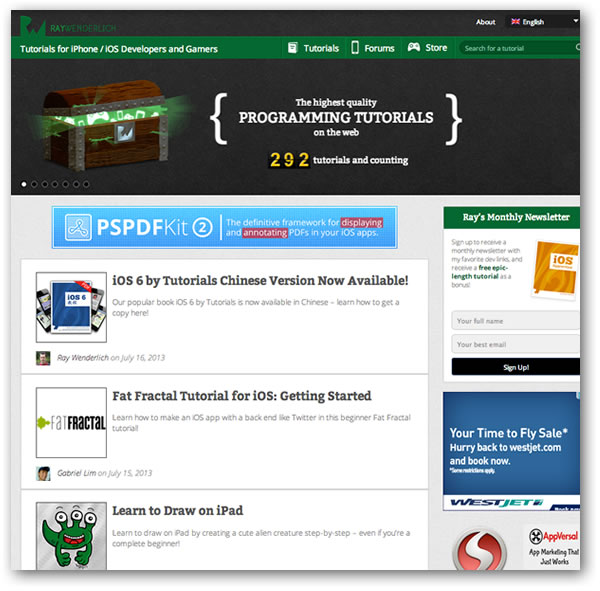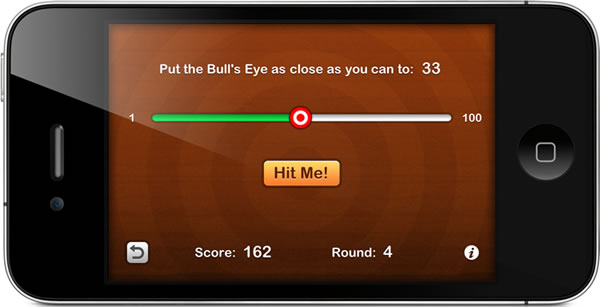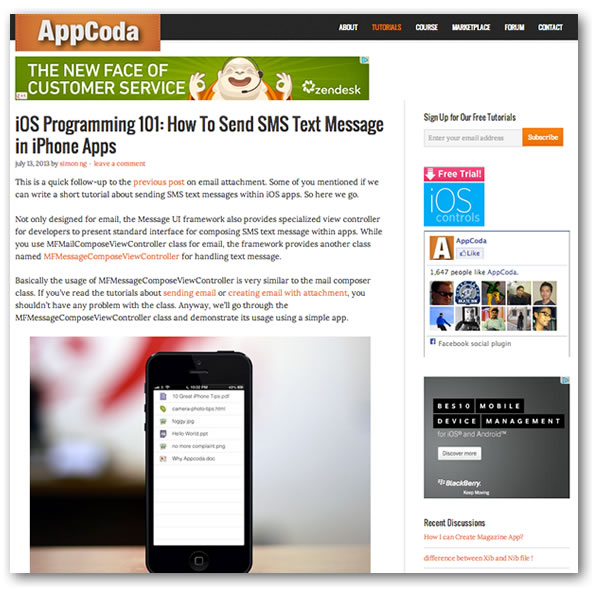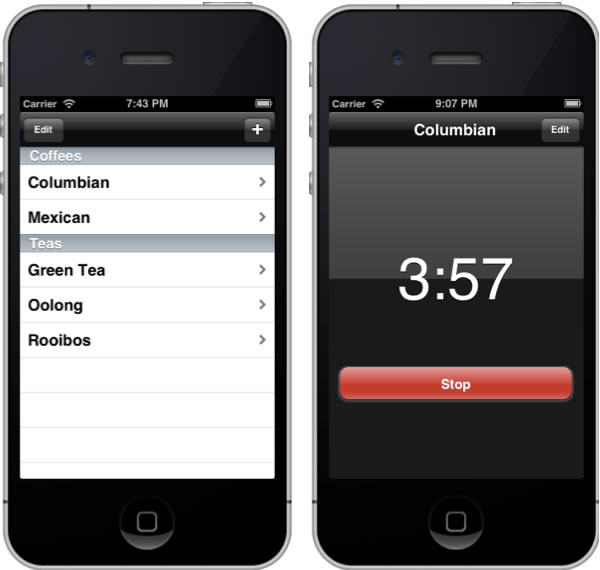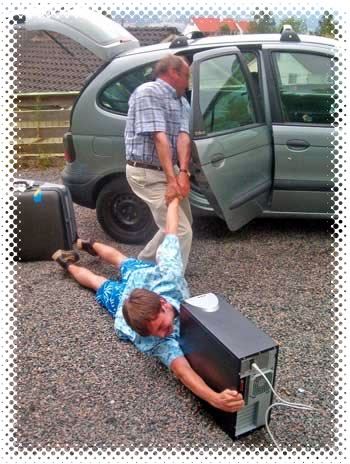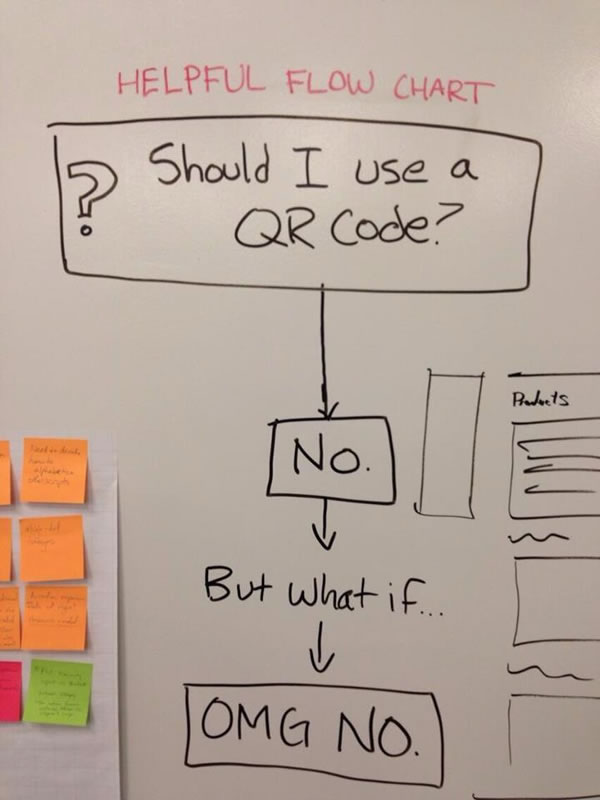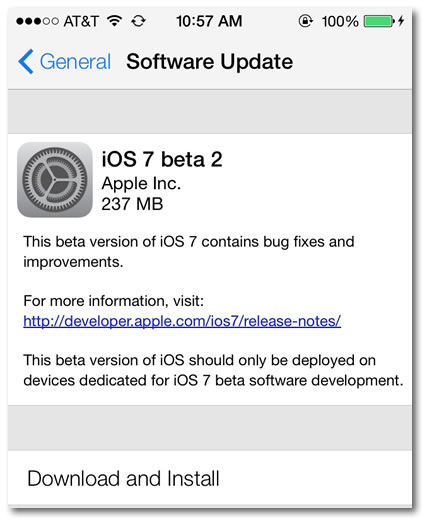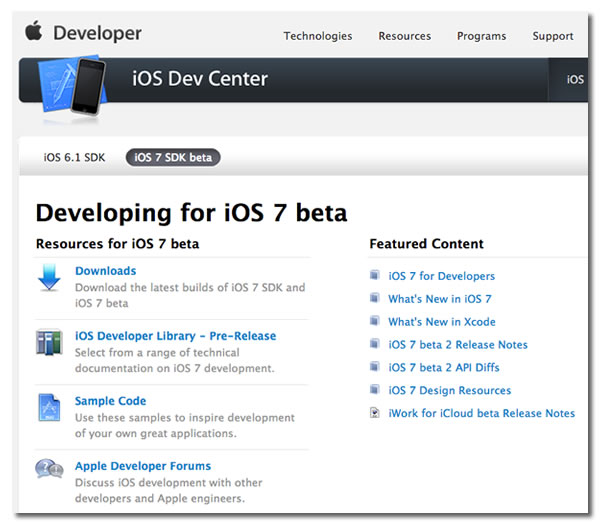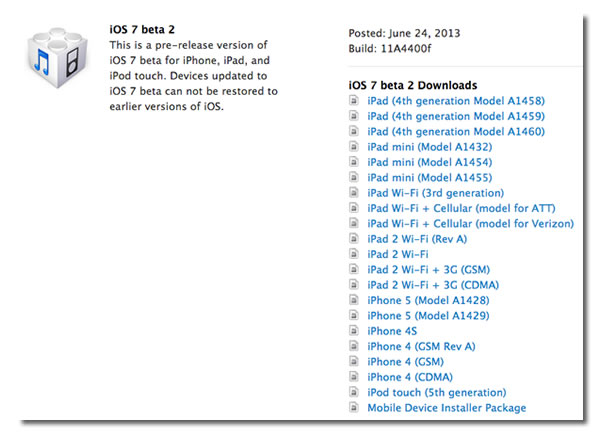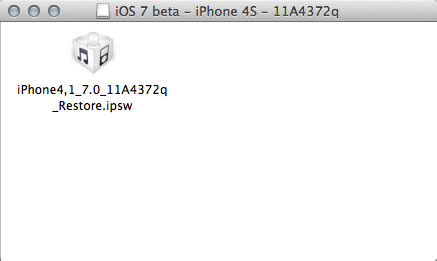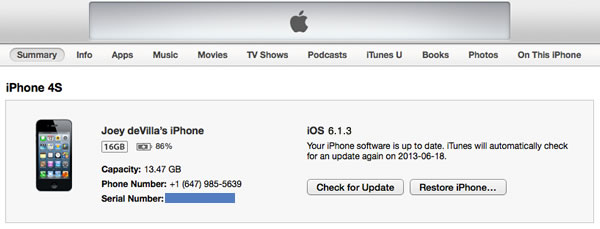
He’s back! Damian Conway, Perl’s answer to Steve Irwin (Australian, engaging presenter, doer of things you probably shouldn’t do), is coming back to Toronto to stretch your understanding of programming by pushing its paradigms to ridiculous lengths while entertaining you at the same time with talks that are:
- One-third deep programming talk,
- One-third showmanship, and
- One-third eating a Guatemalan Insanity Pepper and tripping balls in a fever dream.
Whether he’s taking about the goodies that are (someday) going into Perl 6 (the Duke Nukem Forever of programming languages) or how quantum superpositioning can find its way into everyday programming tasks, he’s always got something interesting to say, and he’s often left me with a whole new way of looking at code. It doesn’t matter whether you use Perl or not — I’ve made a career out of keeping as far away from it as possible — if you’re into programming, Damian’s presentations are for you!

Damian demonstrates Aikido on a brave and handsome volunteer (me) at one of his talks.
He’s got two talks taking place in Toronto in early August…
Fun With Dead Languages
- When: Tuesday, August 6th at 7:00 p.m. (doors open at 6:45)
- Where: Mozilla’s Toronto offices — 366 Adelaide Street West (just east of Spadina), suite 500
- How much?: Free!
Here’s the abstract:
Watch in mesmerized terror as Damian hacks code in several unrelated programming languages (none of them Perl). Along the way, you’ll also discover what’s wrong with modern CS education, why programmers shouldn’t frequent casinos, the power of Thor’s Law, the language of moisture vaporators, C++ mysticism, how to use the three shells, state machines on steroids, programming without variables or subroutines, a cheap and eco-friendly alternative for distributed persistent computation, what the Romans used instead of braces, the ancient probabilistic wisdom of bodkins, and the price of fish.
I’m told that this is going to be a really off-the-wall talk — completely inspired, completely insane. It’s an updated version of a talk he gave here seven years ago (and it was great) in which he takes the audience on a grand tour of all sorts of programming languages, while bunny-hopping back and forth over the fineline between genius and bat-shit insanity. No matter what language you prefer, you’re going to love this talk.
A Few of My Favourite Things / Sex and Violence: Social and Technical Lessons from the Perl 6 Project
- When: Thursday, August 8th at 7:00 p.m. (doors open at 6:45)
- Where: Bahen Centre for IT, University of Toronto, 40 St. George Street (just north of College), room BA-1160
- How much?: Free!
Two talks! Here’s the abstract for the first:
Up-scoping context, the lexical-hints hash,
Padwalking my vars, programmable fail cache,
Subpattern regexes matching source strings,
These are a few of my favorite things.User-definable keyword conversions,
Perl Parsing Interface, table inversions,
Tools that make Perl even more amazing
These are a few of my favorite thingsWhen the bug bites,
When syntax stings,
When I’m being bad:
I simply deploy all my favorite things
Then I can write code that’s mad.
And here’s the abstract for the second:
In June 2000, Larry Wall announced a new four-month Open Source development effort: the reinvention of Perl. In this keynote, Damian Conway will unfold the twisting and sordid tale of what happened over the next ten years of the project, highlighting the sexy new language that has been created, the extreme violence that was sometimes necessary to make it happen, and the dozen or so harsh-but-invaluable lessons that the development team learned along the way.
Donations, Please!
Richard Dice has been organizing Damian’s presentations in Toronto for the past dozen or so years (thanks, dude!), and he’s always kept them free-as-in-beer. But while Damian is easy, he isn’t cheap! Things like a plane ticket, roughly a week of hotel rooms, and meals and other incidentals while he is here cost money. If you’d like to help out, drop me a line and I’ll hook you up with Richard.
And Finally, a Little Bad Touch…
Here’s a little Damian in action at OSCON 2011’s “Ignite” presentation, in which he does more damage to The Bloodhound Gang’s The Bad Touch than I ever did on accordion:


